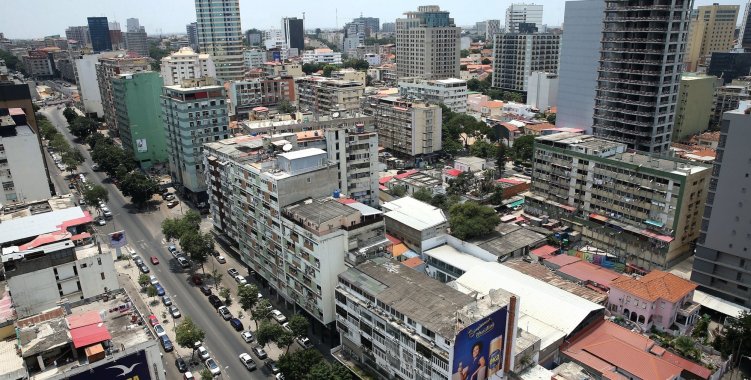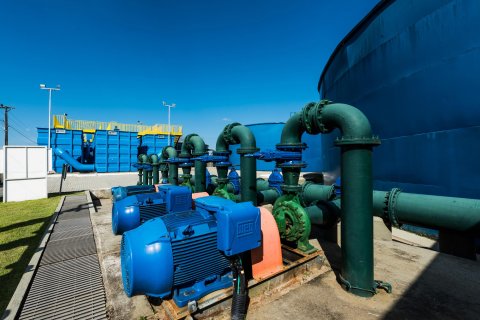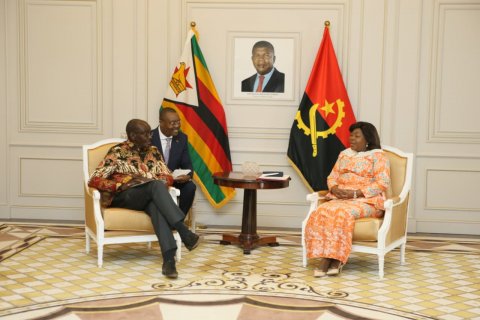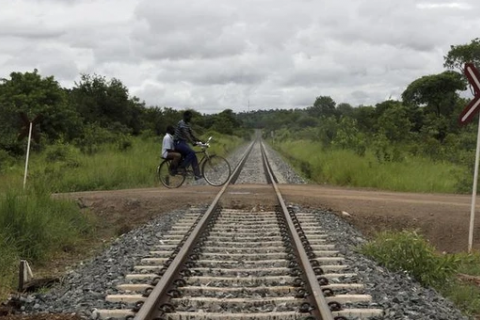For Action for Rural Development and Environment (ADRA), Political and Social Observatory of Angola (OPSA) and the Social Sciences and Humanities Laboratory (LAB) of the Catholic University of Angola, the OGE 2024 discussion process was "not inclusive".
The three civil society organizations, in a joint position on the 2024 OGE, presented this Tuesday, in Luanda, state that the authorities' options on the allocation of expenses "indicate a lack of planning".
Despite the advances noted in relation to previous years, they note, the OGE 2024 proposal "continues to present several inconsistencies that affect its credibility".
They consider that although the forecast for the execution of revenue and expenditure by nature for 2023 was presented, the OGE 2024 Rationale Report "only presents a summary of expenditure by function".
"However, this is silent on expenditure estimates in relation to previous years and on expected projections for the coming years, which indicates a real lack of planning that guiding documents, such as the Angola 2050 Agenda and the National Development Plan (PDN) 2023-2027, do not cover it", they emphasize.
ADRA, OPSA and LAB recall that the 2024 OGE is based on the assumption of a growth in the Gross Domestic Product (GDP) of 2.8 percent, an inflation rate of 15.3 percent and consider that the forecast, presented also in the PDN, "testifies that, in reality, the country will be poorer, given the population growth at a rate of 3.1 percent".
"Still regarding revenues from the oil sector: the executive expects a reduction in production of 28 thousand barrels/day. This will mean that oil revenues fall by 4 percent in relation to the 2023 OGE", they maintain.
They criticize the lack of expenditure estimates for a multi-annual period of at least two years after the budget year, stating that the lack of this plan, both in terms of individual revenue sources and in terms of supporting budget documentation, "gives lead to arbitrary interruptions of policies and programs".
The 2024 OGE fixes expenses and estimates global revenues valued at 24.7 billion kwanzas.
According to these NGOs, the document does not provide information on how new political proposals, different from existing ones, affect revenues, and exemplify the case of the country's new Political and Administrative Division (DPA).
"What is its budgetary impact on other existing policies, such as the implementation of local authorities? Nor does it show alternative expenditures (such as by gender, age, income or region) to illustrate the financial impact of policies on different groups of citizens", they point out.
The organizations also understand that the Integrated Program for Local Development and Combating Poverty (PIDLCP), as it is vital and strategic in the context of the "very serious social crisis" that the country is facing, "should deserve more careful and transparent planning", but, point out, "this is not the case".
They point out that, within the scope of the PIDLCP, the executive plans to spend 7.5 million kwanzas to purchase basic food baskets to benefit 63,000 families, considering, however, this to be an "unrealistic" projection.
At least 57.8 percent of total OGE 2024 expenditure, an estimated value of 14.4 billion kwanzas, will be allocated to servicing public debt, internal and external.
In relation to Angolan public debt, ADRA, OPSA and LAB state that the executive "never made available" the composition of the total outstanding debt at the end of each budgetary year.
They argue that transparency about debt "requires" the presentation of the interest rates of debt instruments and their maturity profile.
Angolan non-governmental organizations criticize what they call "weak participation of society" in discussions of the OGE proposal and recommend that the authorities provide greater inclusion in the process.
They also recommend that the Public Finance Sustainability Law be accompanied by a "new law on political accountability for their sustainability".







